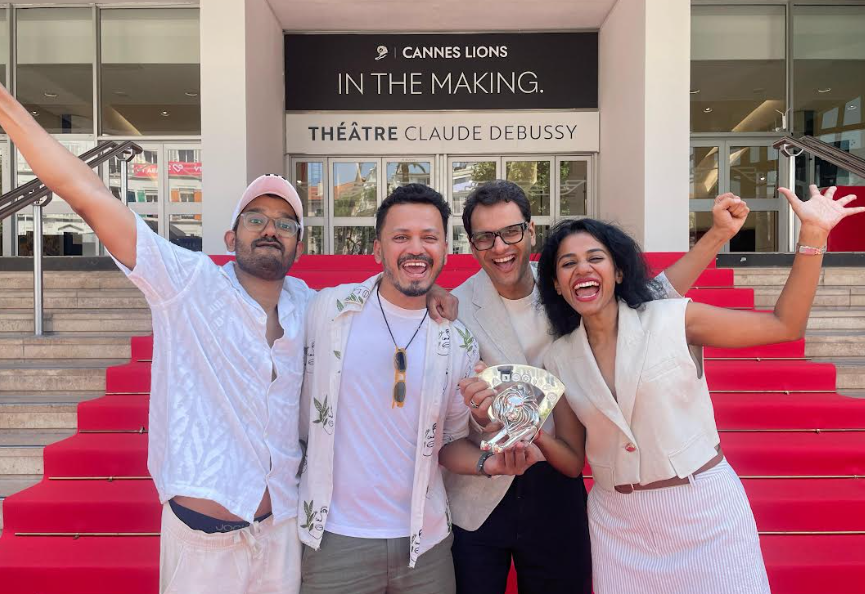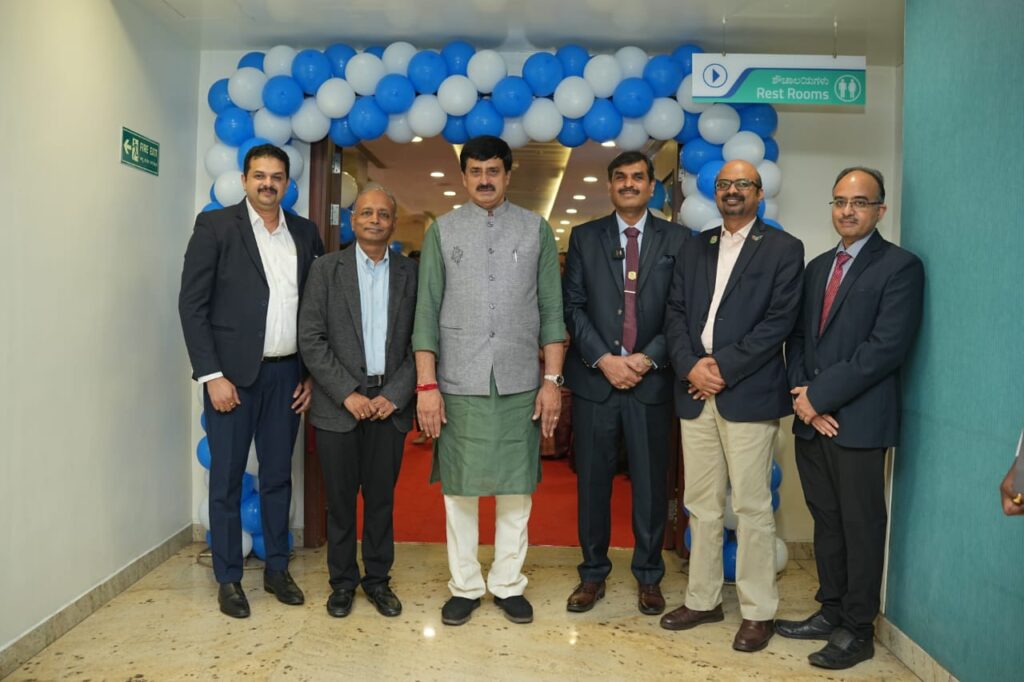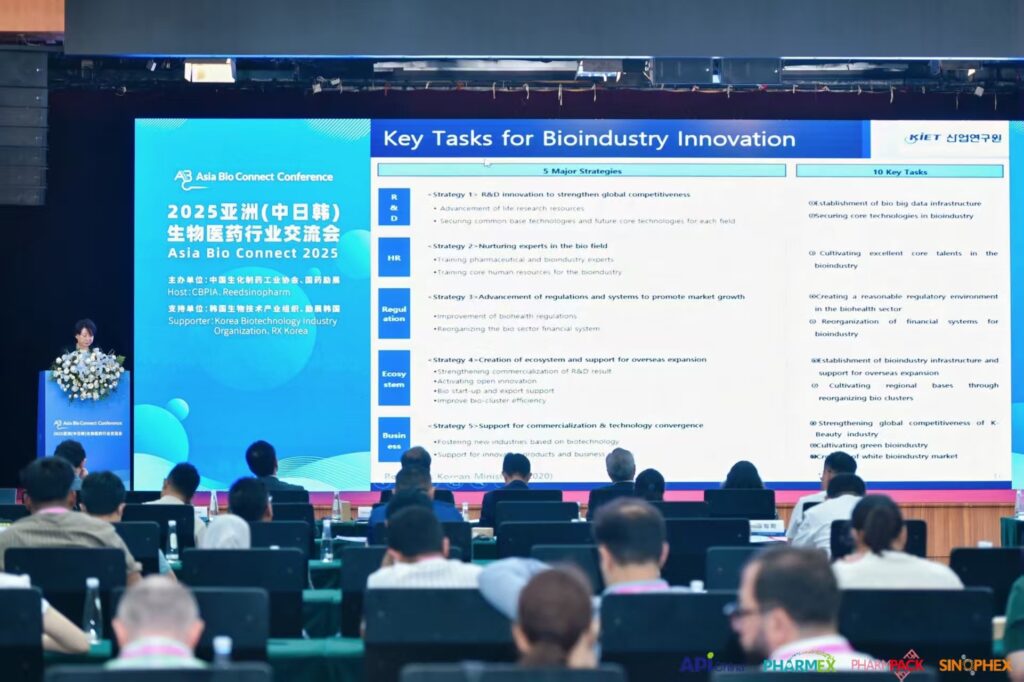
By Dr. Vamsidhar Kedar, Consultant Paediatrician, Paediatric & Adult Allergist, Asthma Specialist, Ankura Hospital for Women and Children
The rainy season is finally here, bringing joy with its cool breezes, pleasant weather, and that simple, wonderful feeling of walking in the rain. Kids especially can’t get enough of it — they gaze up at the sky, mesmerised by the tiny droplets falling all around, and love jumping into puddles, sailing paper boats, and playing with pure joy.
Monsoon Fun vs. Health Concerns
It’s all about laughter and carefree fun. But is the monsoon only about enjoying the weather? That’s the question many parents quietly ask themselves. Is it really safe for kids to play outside when it’s raining? Beneath the happy splashes, there’s often a little worry about the illnesses and infections that tend to come along with the rains. During this season there is a 20-25% increase in the number of patients in the clinics as there is a sudden increase in the rate of infection.
Hidden Health Risks of the Monsoon
While the monsoon brings a welcome break from the heat, it also quietly brings health challenges, especially for children with sensitive immune systems. Damp walls, musty corners, and windows that stay shut tight can become trouble spots, triggering sneezes, coughs, and stuffy noses. These could cause just the common cold or more severe allergies caused by the increased presence of allergens in the atmosphere.
When a Cold is More than Just a Cold
Many parents quickly think it’s just a common cold and reach for paracetamol. But when symptoms don’t go away, the worry starts to grow. Is it really just a cold, or is something else going on? Sometimes, even a mild cough can be a sign that the child’s body is reacting to something more than a simple virus. Never self-medicate; always consult a doctor for proper diagnosis and treatment.
Cold or Allergy: How to Tell the Difference
This is where things get confusing. Colds and allergies can look very similar — runny noses, sneezing, watery eyes, and feeling tired all show up in both. But a cold usually develops gradually and may come with a fever, while allergies strike suddenly, last longer, and don’t cause a fever at all. During the monsoon, triggers like dust mites and mould can easily spark allergies without anyone realising.
Signs You Shouldn’t Ignore
So, when should parents begin to worry? If your child keeps coughing without relief, sneezes mostly in the mornings, or wakes up congested day after day, it might not be just a cold. It could be an allergy which needs to be treated appropriately. Do not ignore this, immediately consult a paediatrician.
The Power of Prevention
Prevention begins with small changes at home and in daily habits. Avoid taking children to crowded places when there’s a known outbreak. Make sure they stay warm and dry — changing out of wet clothes immediately can go a long way. Protective gear like raincoats and waterproof shoes helps reduce exposure to sudden weather changes.
Creating a Healthier Indoor Space
Clean air inside the home is just as important as staying warm outside. Try to keep windows slightly open when it isn’t raining to allow fresh air to circulate. Avoid dampness in the house, especially in corners or storage areas, as mold thrives in such spaces and can worsen allergies and breathing problems. If your doctor recommends, antihistamines can ease symptoms — but they should always be given under guidance.
Sleep and Temperature Matter
A strong immune system depends on good rest. Children need about 8 to 10 hours of quality sleep every night, especially during changing weather. Also, avoid using the air conditioner at very low temperatures — instead, maintain a comfortable and balanced room climate that helps the body adjust smoothly.
Flu Vaccine Helps
Vaccination is a simple and effective way to protect children from flu strains that tend to rise during the rainy season. We at Ankura Hospitals especially recommend annual flu shots for children under five or those with asthma or existing respiratory issues. This helps keep the family safe.
Natural Care and Doctor’s Advice
Parents can try gentle remedies at home, like saline nasal sprays or warm fluids, to ease discomfort. Maintaining hand hygiene, especially after sneezing or coming in from outdoors, is a simple habit that prevents viruses from spreading. Washing bedding often and avoiding dust-collecting toys or rugs can also help.
Simple immunity boosters like seasonal fruits and warm soups can also help children feel better and recover faster. Under supervision, even steam inhalation may ease blocked noses. If symptoms linger, consult a doctor without delay.
Ankura Hospital: A Trusted Partner for Children’s Health
Ankura Hospital stands as a dependable guide for parents during challenging seasons like the monsoon. With specialised paediatric care and a compassionate team, Ankura offers not just treatment but also the reassurance every parent seeks. Whether it’s an allergy, a cold, or simply a seasonal concern, Ankura is just a step away to support your child’s health journey.



